IFRC, UNICEF, WHO
Social Stigma associated with COVID-19
Guide
18 Mar 2020
A guide to preventing and addressing social stigma for governments, media and local organisations working on the new coronavirus disease (COVID-19).
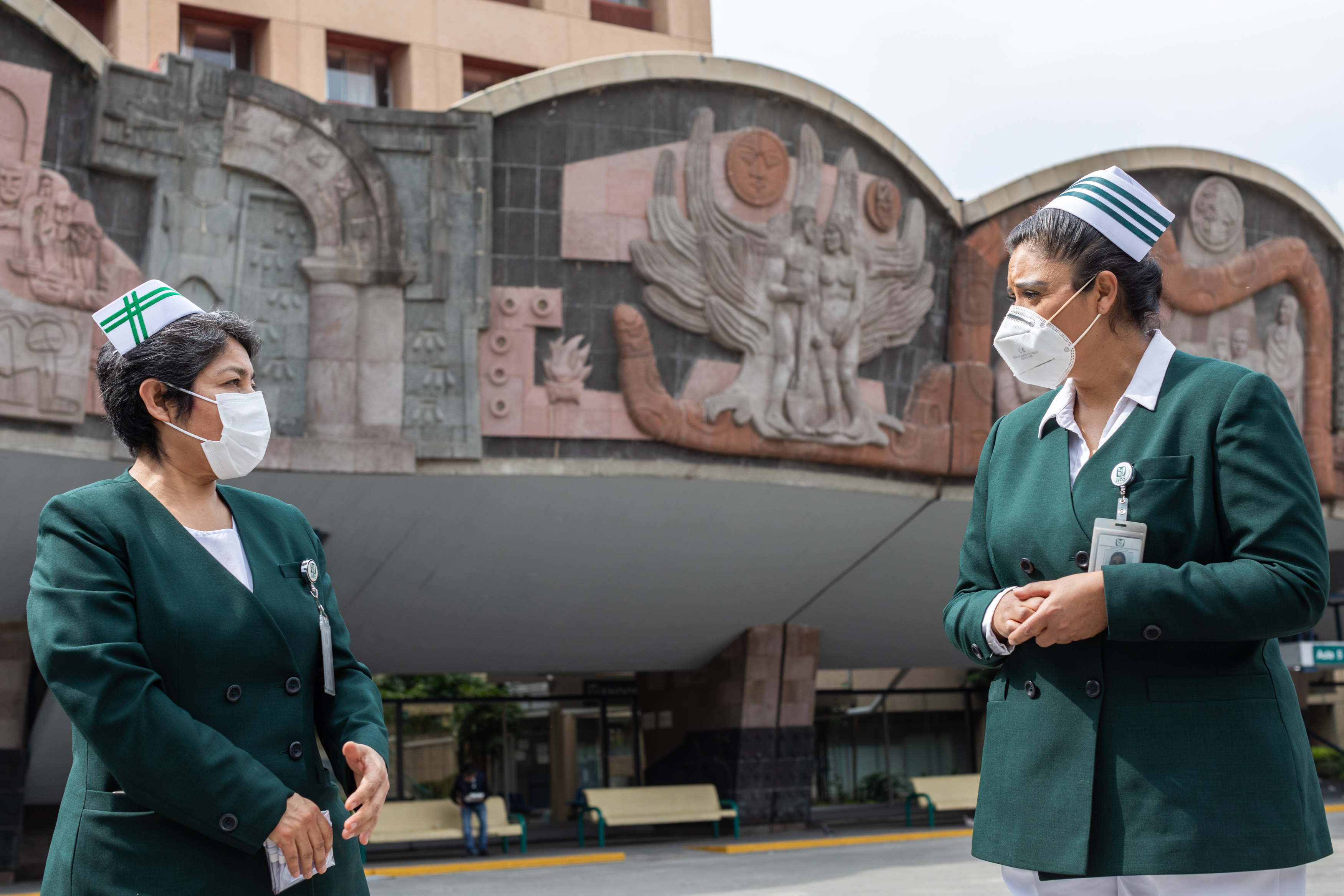
Guide
18 Mar 2020
A guide to preventing and addressing social stigma for governments, media and local organisations working on the new coronavirus disease (COVID-19).

Briefs & Fact Sheets
07 Mar 2020
Key Facts Community-based health insurance (CBHI) schemes are usually voluntary and characterized by community members pooling funds to offset the cost of healthcare. Despite much hope in these systems, evidence suggests the impact of CBHI on...
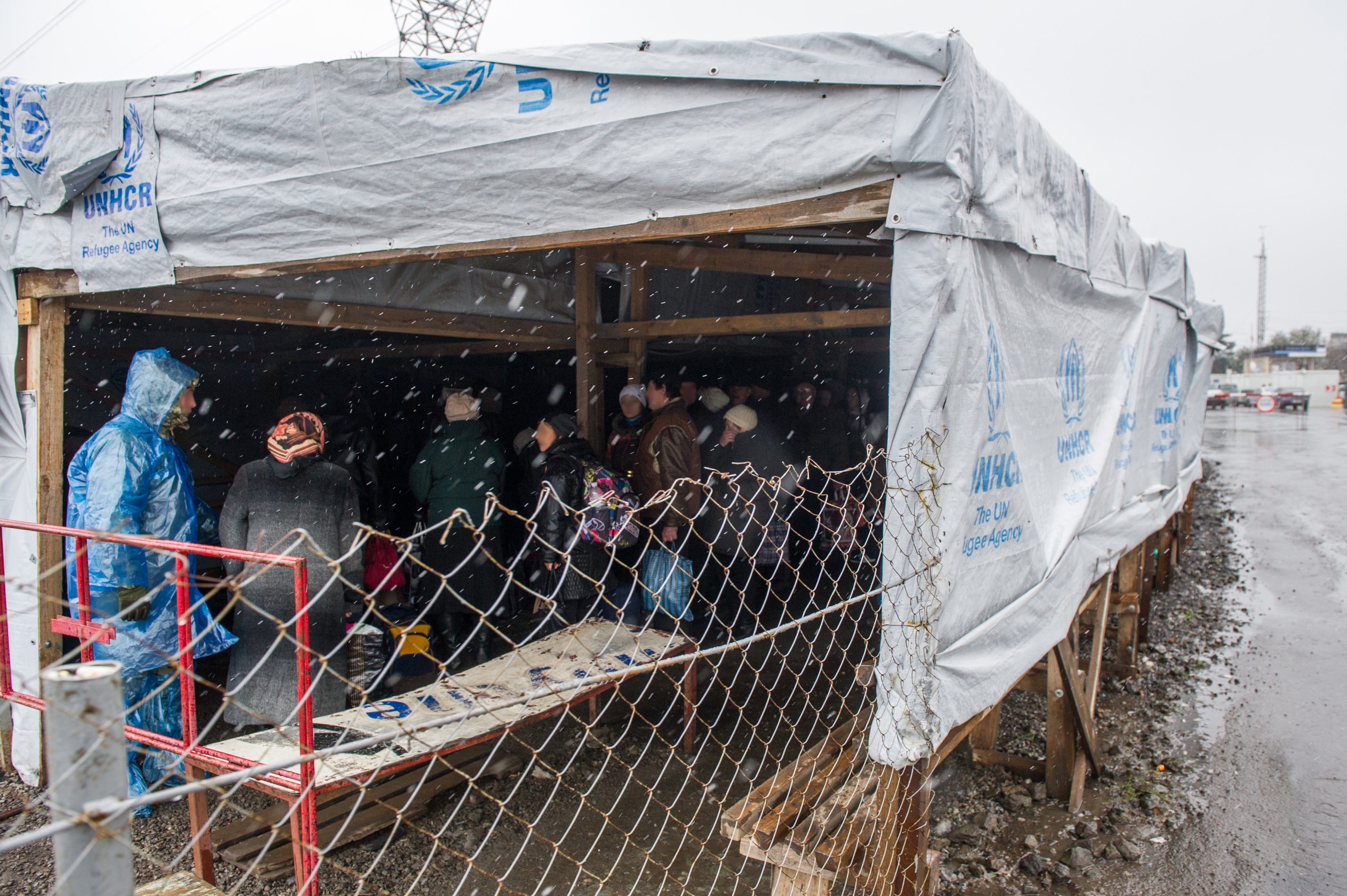
Publication
18 Feb 2020
Background More than 5.5 million Syrian refugees have fled violence and settled in mostly urban environments in neighboring countries. The Middle East and North Africa (MENA) region accounts for 6% of the global population but 25% of the populatio...
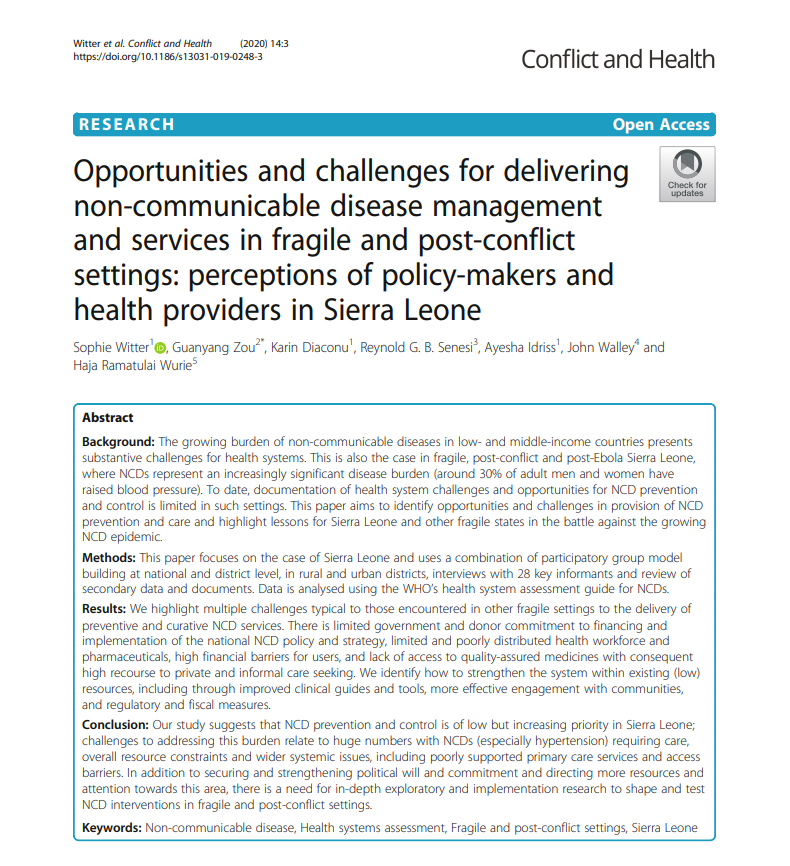
Publication
06 Jan 2020
Background The growing burden of non-communicable diseases in low- and middle-income countries presents substantive challenges for health systems. This is also the case in fragile, post-conflict and post-Ebola Sierra Leone, where NCDs represent an...

Report
12 Nov 2019
This scoping review synthesizes the global evidence on the role of the arts in improving health and well-being, with a specific focus on the WHO European Region Over the past two decades, there has been a major increase in research into the...
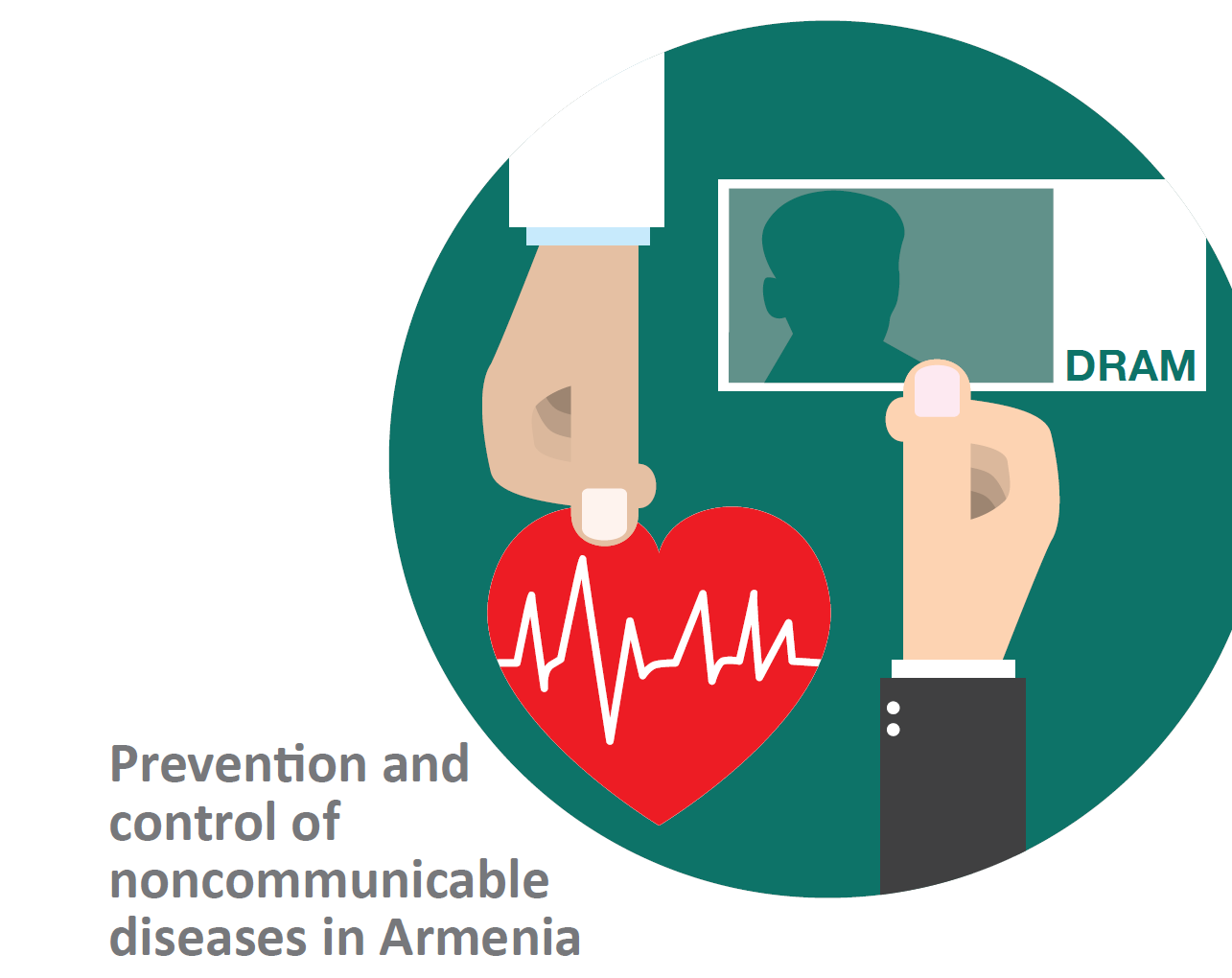
Report
18 Jun 2019
This economic analysis makes the case for investing in the prevention and control of noncommunicable diseases (NCDs) in Armenia. Through three comprehensive analyses—economic burden, intervention costing, and return on investment—the report demon...

08 Apr 2019
In this paper the International Union for Health Promotion and Education (IUHPE) proposes that it is lack of investment in the necessary health promotion and primary prevention systems that best explains the lack of progress globally on NCDs. Here th...
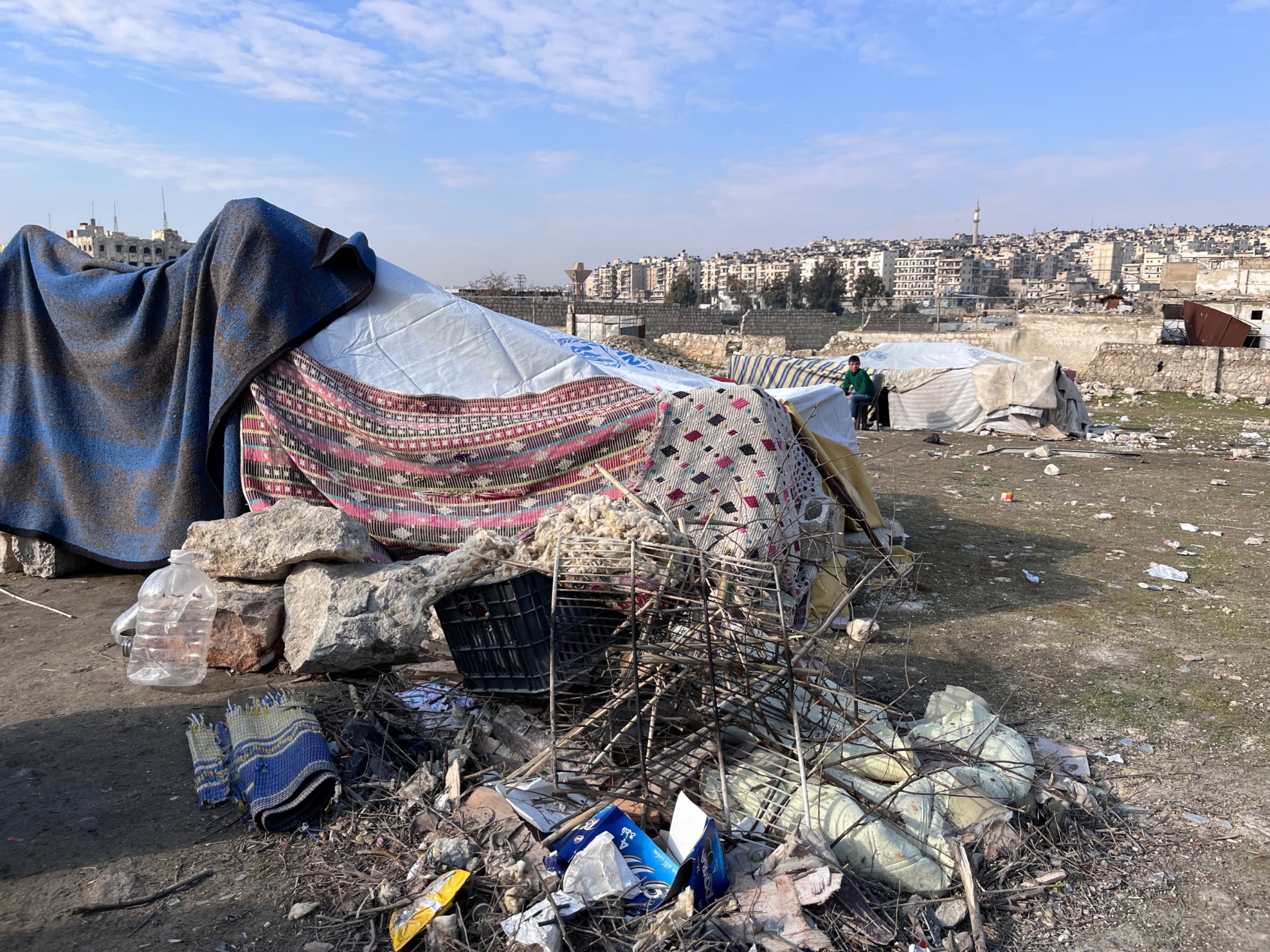
Publication
14 Mar 2019
Background Since the beginning of the Syrian conflict in 2011, Jordan, Lebanon and Turkey have hosted large refugee populations, with a high pre-conflict burden of non-communicable diseases (NCDs). Objectives We aimed to describe the ways in...
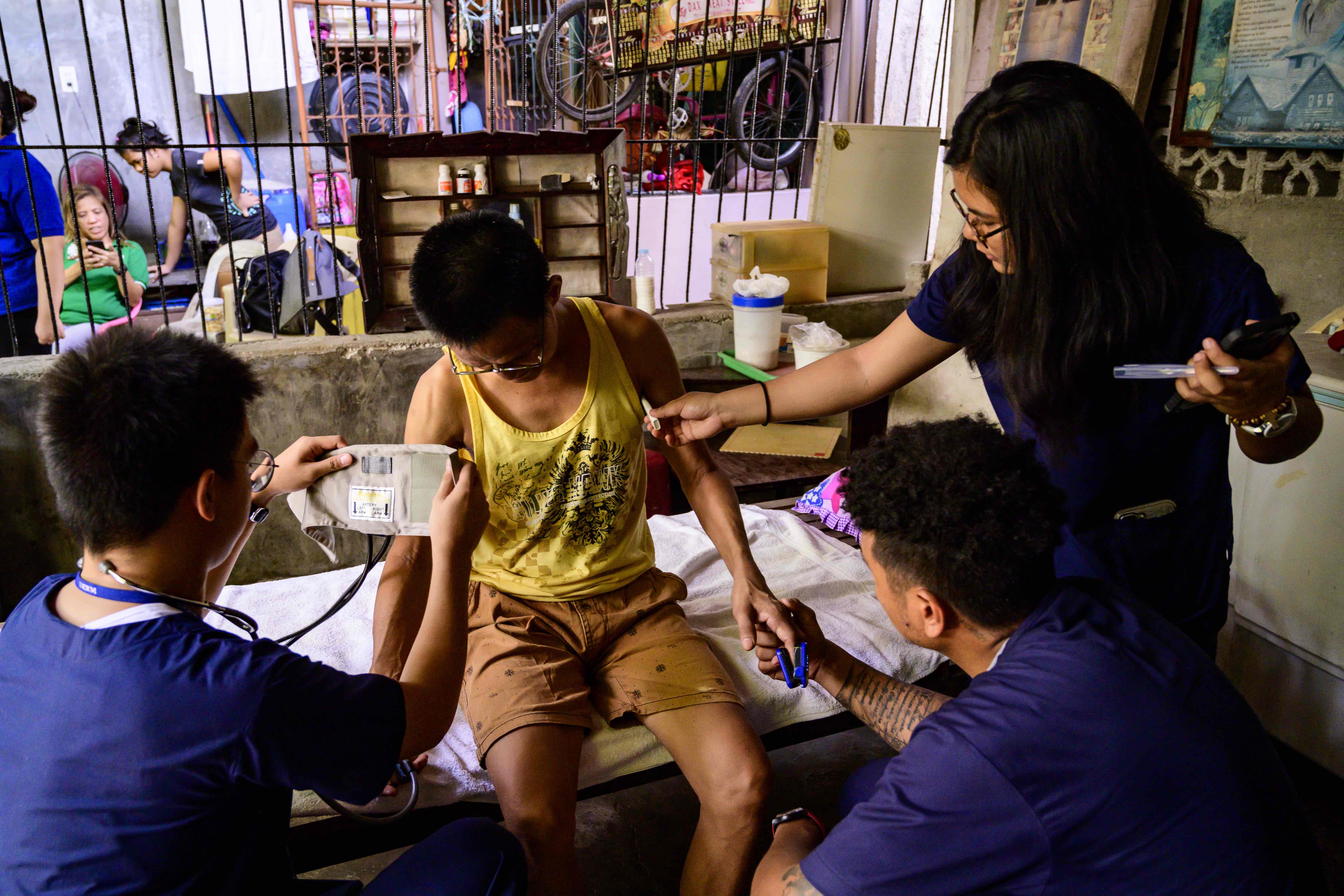
Article
05 Mar 2019
This article provides an outline of a conference held by the Commission on the Social Determinants of Health - an independent inquiry to understand the social and environmental issues that affect health and to investigate the appropriate actions that...
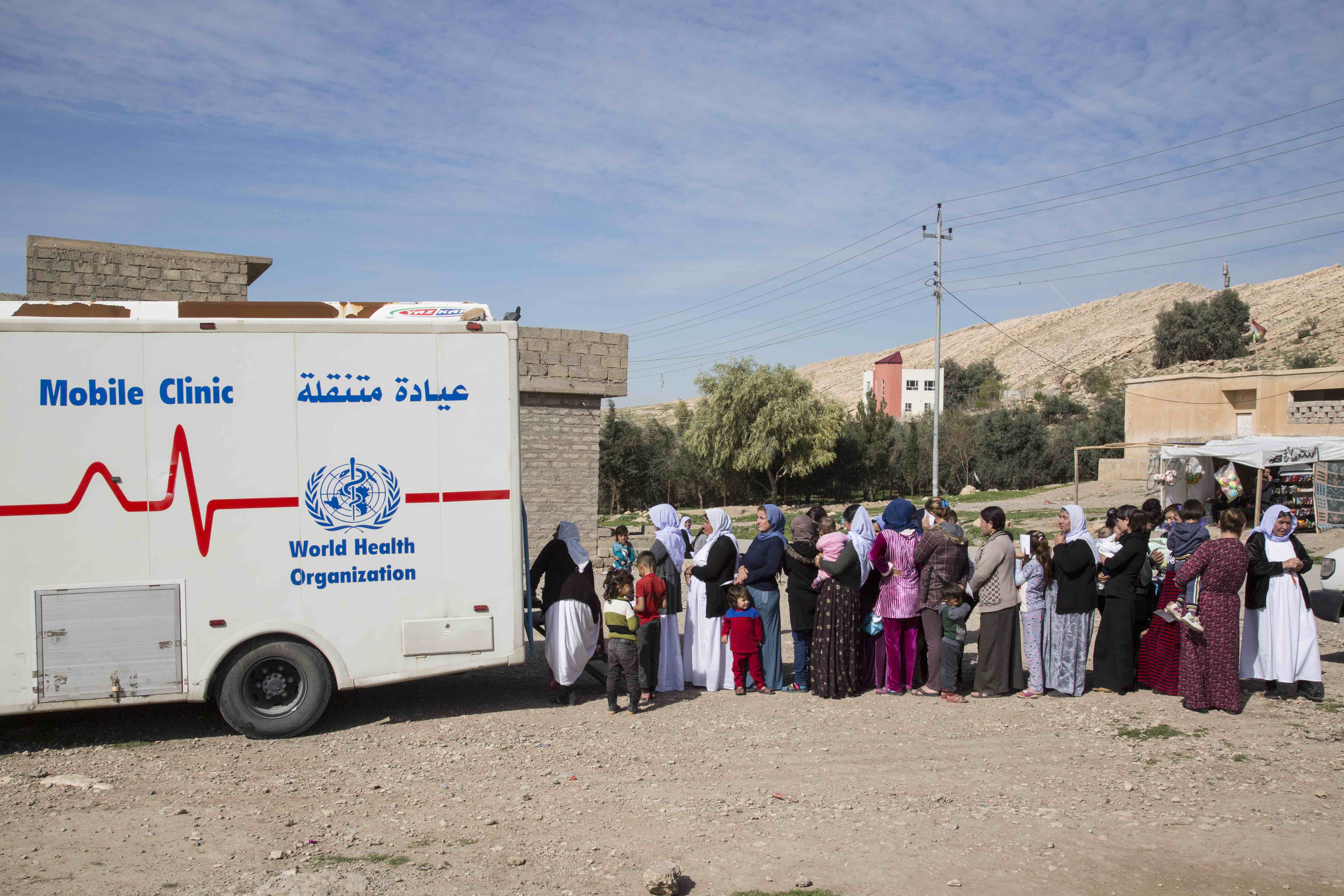
Declaration
05 Mar 2019
On the occasion of the World Conference on the Social Determinants in Health, convened by WHO in Rio de Janeiro from 19-21 October 2011, the IUHPE reflected on its vision of key areas that require attention in order to support the implementation of e...
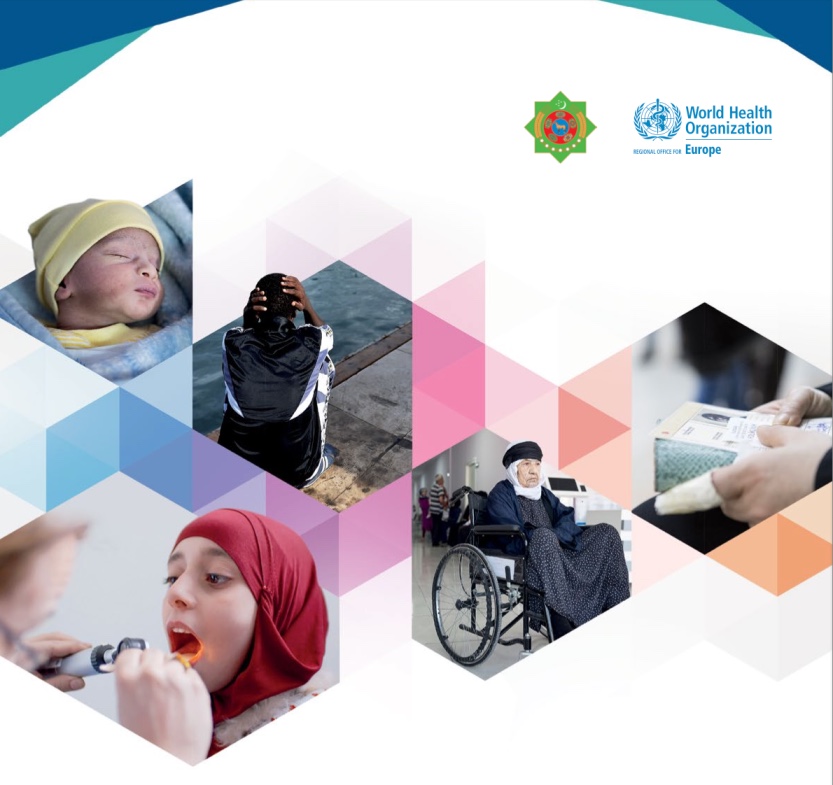
Publication
28 Feb 2019
The 53 countries of the WHO European Region have a population of almost 920 million, representing nearly a seventh of the world’s population; international migrants make up almost 10% (90.7 million) in the Region and account for 35% of the global i...
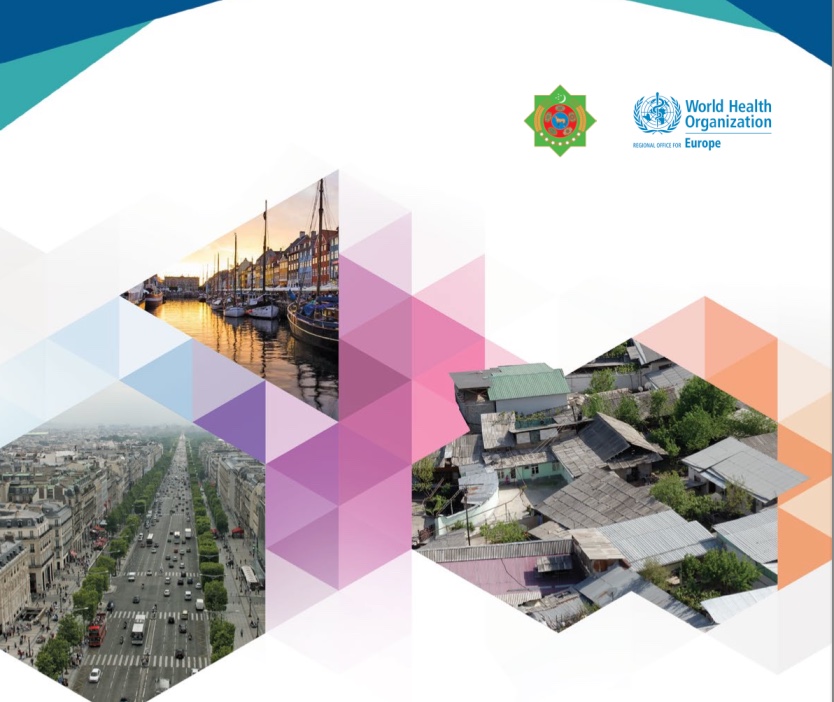
Publication
28 Feb 2019
Urbanization is one of the leading global trends of the 21st century, and has a significant impact on health and well-being, partic- ularly in relation to noncommunicable diseases (NCDs). Cities and local governments play crucial roles in supporting...